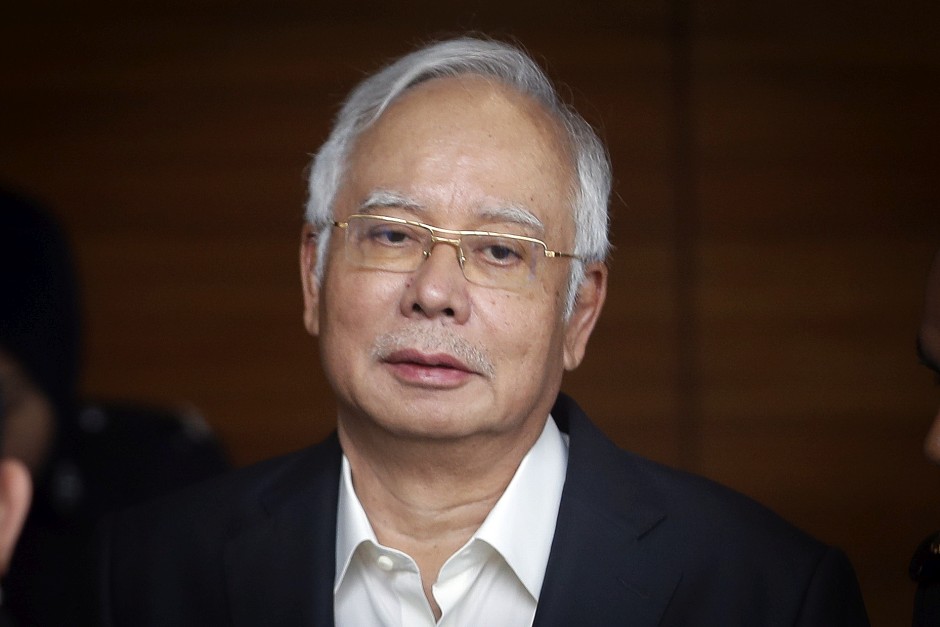When he first became prime minister, Datuk Seri Najib Razak saw problems not merely for Umno and Barisan Nasional, but in the relationship between the government and the rakyat. He made clear when he launched the Economic Transformation Programme, the Government Transformation Programme, and the 1Malaysia concept, that these projects were important enough to endure beyond elections.
The proof of this lay in the repeal of laws such as the Internal Security Act and the Printing Presses and Publications Act, which were done well in advance of GE13, and in the Government’s war on corruption, which has seen the Malaysian Anti-Corruption Commission not only show its independence but score successful prosecutions for corruption even against the mighty.
His efforts at transformation have not been limited to Government. The upcoming Umno elections will have 150,000 voting participants, a move that not only increases the party’s democratic credibility but also reduces the appearance of and opportunity for corruption. For the first time, the highest positions in Umno will be truly determined by the grassroots.
Najib’s governance of Malaysia and his party is motivated by two insights.
Firstly, his party, his coalition, and the government must transform themselves to meet modern Malaysia’s needs. This insight has eluded the Opposition, who believe that they need merely oppose the Government in order to have power, and some in BN, who believe that they can hold power without transformation.
Najib believes that the responsible parties in Malaysia lack the luxury of such immaturity. His bid to reform the Election Commission along bipartisan lines is the latest example of his belief that all of Malaysia must be invested in transformation and growth; he is clearly determined to push through Pakatan’s immaturity for the rakyat as a whole.
Secondly, the structural problems Najib is working to change have existed for some time, and so will require time and the involvement of the rakyat to overcome. Najib is a very hands-on politician, and relishes going to ground precisely because doing so directly involves the rakyat in government and that transformation process.
The results have been undeniable. Malaysia has experienced economic growth that has far surpassed most of the world’s, and is escaping the so-called ‘middle income trap’ most developing nations face. Vision2020 may be realised two years early.
The political benefits have been undeniable as well. Najib was able to bring his own coalition along on the historic legal reforms he launched in 2011, despite initial resistance from within.
Electorally, the rewards have been tangible. Najib was able to guide BN through the storm of GE13, and despite the headwinds of 2008, he received a renewed mandate. Umno itself saw gains at GE13, retaking much of the ground lost at GE12.
In fact, Najib is why Barisan Nasional performed as well as it did at GE13; his enormous personal popularity with the rakyat and his efforts to mend relations between the races and religions were obviously sincere, and helped to mend BN’s image.
It is to the Prime Minister’s credit that he has taken his mandate seriously and pushed ahead with national reconciliation and transformation. He is already pushing through the anti-corruption efforts he promised before the election, and expanding economic growth through the ETP and through increased trade.
This is why Najib is well-positioned for the Umno elections: his personal popularity is based on the results he has achieved, and the transformation he has accomplished. The grassroots of Umno have seen the benefits of his programmes, and Umno’s leadership have realised that the future lies with Najib and transformation.
Najib’s challenge, as it was before GE13, is to convince the many stakeholders in Malaysian society that transformation and careful reform are not merely pleasant ideas, but necessities.
He is engaged in a long-term project to transform Malaysia. He has won his mandate for that transformation, and is clearly determined to see it through this Parliament and beyond.
His accomplishments to date suggest it would be a bad idea to doubt him.

